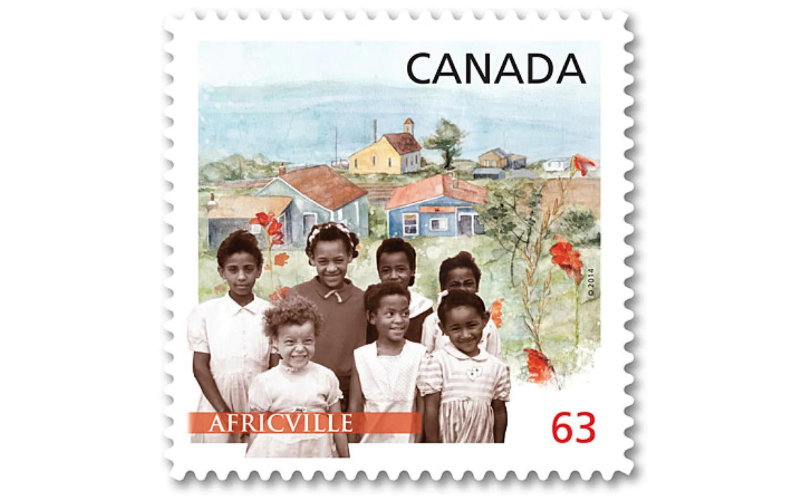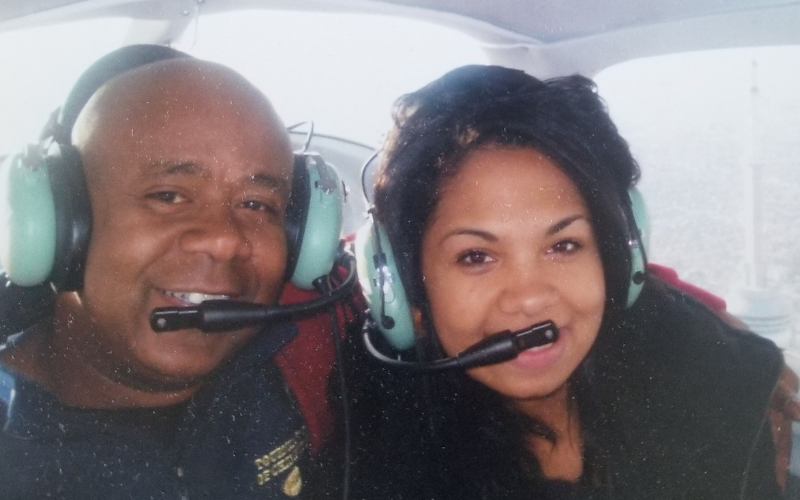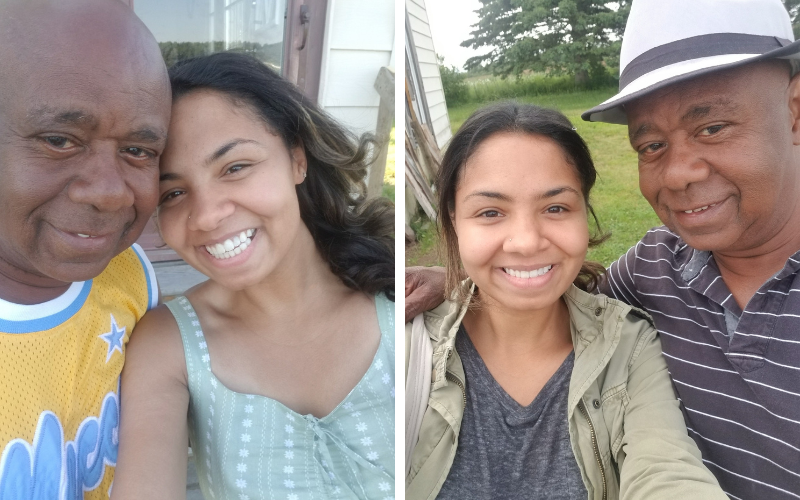By Jon Rumley, Walmart Canada Corporate Affairs
For around 150 years, there was a vibrant Black community in Halifax known as Africville. At one time, it was a “thriving, close-knit community,” home to stores, a school, a post office and a church, along with around 400 Black Canadians who came to Nova Scotia for a better life.
In Africville, residents paid taxes, but lacked many amenities such as paved roads, access to clean water, sewage systems and adequate garbage disposal, which was available to other Haligonians. Instead, the city built an infectious diseases hospital, a prison and a dump near Africville.
Beginning in the 1960s, the community was destroyed when the City of Halifax relocated residents for the sake of “urban renewal,” despite local opposition.
“The racism was real,” said Justine Speedie, Manager, Site Merchandising at Walmart Canada. Justine’s father, Joseph Skinner, was born and raised in Africville. “People didn’t want to leave their community.”
It’s a painful story, but one worth sharing in order to learn and heal. That’s why Walmart Canada’s Culture, Diversity, Equity and Inclusion team is educating associates on topics like Africville. This year, the annual Africville reunion is set to take place from July 29 to 31.

“People don’t realize how bad it actually was,” Justine said. “My dad always talked about being bullied for the colour of his skin. People looked down on him. They didn’t treat him equally.”
Despite its many challenges, people felt connected in Africville. This was their home and they didn’t want to leave.
Pleas for improvements were largely ignored until the land was expropriated. In 1962, the CBC interviewed Justine’s grandfather, also named Joseph Skinner, to share his perspective on Africville, a place where he said people felt free.
“When you’re in this country and you own a piece of property, you’re not a second-class citizen,” he said. “But when your land is being taken away from you and you ain’t offered nothing, then you become a peasant – in any man’s country.”
Some Africville residents were only offered $500 in compensation from the city. Decades later, the pain is still felt by many who left their hearts there.

“It wasn’t right,” Justine said. “My dad still has hard moments. He thinks about what he had there and how it was taken away.”
In 2010, the mayor of Halifax apologized to former Africville residents and their families on behalf of the city. The Africville Geneaology Society, which represents former residents and their descendants, reached an agreement with the Halifax Regional Municipality to settle litigation and help compensate for the loss of the community. The city committed $3 million to build a new church where the community once stood and renamed Seaview Park to Africville Park, among other efforts.
“The community is still strong – as strong as it can be,” Justine said, adding when she told her father Walmart Canada associates were discussing Africville, her father was in “utter shock.”
“I could hear his voice break and how happy he was to hear that people were telling his story,” Justine said. “My family and I feel seen and heard.”
For more information about Africville, visit the Africville Museum’s website.




